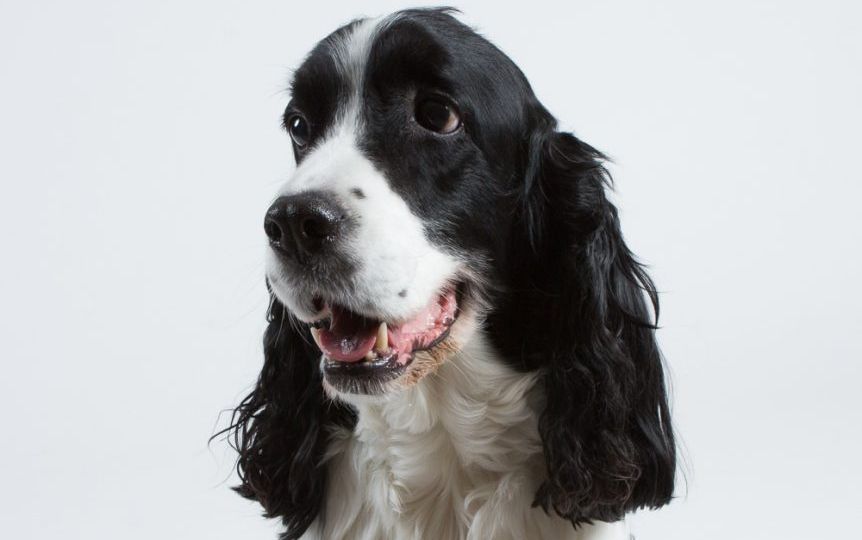
Gunner is an English Springer Spaniel, he is our very lovable family dog.
During a recent walk with him, I realized my behavior and Gunner’s can be very similar at times. He loves to go for walks, and gets very excited when I grab his lead and call him to get ready to leave. We usually start off full of enthusiasm and when we get less than 50 yards from our house, Gunner puts the brakes on and doesn’t want to go further. After some persuasion, we start off again and a while later, usually at a point where we could turnaround, he does the same thing. He stops and digs his paws in and doesn’t want to go further. I persuade him again and the pattern may repeat.
Once we get to the usual turnaround point for our walk, Gunner gets excited and the pace picks up as we head for home. At the end of the walk, his is very happy and clearly enjoyed the walk.
We often need support to cross the finish line
You may be thinking so what, why is this relevant? As I think about Gunner’s behavior, I see some similarities with myself. I think he stops close to the house at first because he doesn’t want to miss out on anything that may be going on while he is away, for example hanging out with my two sons. Before he gets to the turnaround point, it wouldn’t surprise me if he is thinking, “Are we there yet?”, “I wish we were on our way back”, and once we turnaround his mood really picks up.
When I start something new, I am usually enthusiastic but also have some doubts. Is it the right thing for me, how will it work out, etc. As I progress, it is easy for my mood to change. I may become concerned about how long it is taking, am I learning enough, will I be successful? When I get to the point that I can see the finish line in the distance, my mood usually perks up and I fill with the excitement of completion.
The role of an accountability partner
If Gunner was walking on his own, no doubt he would turnaround and never go more than 50 yards from our house. By taking Gunner for a walk, I end up being Gunner’s accountability partner. Persuading him to go on, partnering with him along the way, but never doing the walking for him.
When you face a new task or something you are not excited about, have you ever asked someone you trust to be your accountability partner? I have been lucky to have a colleague and friend play this role for me as I start my new business. Having someone to share my experiences, wins and concerns with makes a huge difference. Like Gunner, without an accountability partner, it is much harder for me to do those things which I know are important and good for me , but for some reason or other I don’t get around to.
Simple tips for working with an accountability partner
Here are some tips for working with an accountability partner:
- Pick someone you know, trust and respect. It could be a friend, colleague or family member.
- Frame your request by asking for their help and be clear on your expectations of them. Most often this is simply be there to listen.
- Set out a schedule of short meetings. 5-10mins may be all that is needed. If you don’t schedule in advance, you are creating an easy excuse to not follow through.
- Be humble and open to advice or feedback. You don’t have to act on it, but you should be willing to listen and evaluate it.
- Thank them and if it is working well, explain to them the value of what they have provided. Knowing they are helping is often a great reward in itself.
What can an accountability partner help you to achieve this year?

